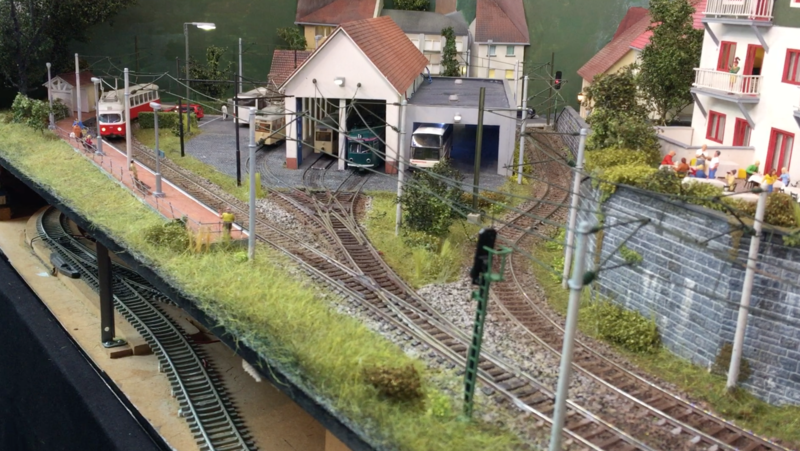Fossgis: new openlayers features - Marc Jansen¶
(One of my summaries of a talk at the 2017 fossgis conference).
See this morning’s summary for a quick intro on what openlayers is. The current talk is about the latest features and about the future.
New: version 4.0.1. 4? It is not a complete rewrite. It is not a massive break of API compatibility, but there have been a few changes, therefore (“semantic versioning”) a new major number was necessary.
One important upcoming change: https://npmjs.com/package/ol. ES6/ES2015. In beta status. Support for installing/downloading openlayers via npm. You can select specifically the features you need. After a build, you get a minimized optimalized version. A minimal version can be 32kb!
Vectorlayers: you can specify whether your vector layer areas overlap or not. If not, you can get a nice speed increase.
Filtering/clipping: feature info requests and wms requests and so can be limited to within a certain area. That also can give you a big speed increase.
RotateWithView: for vector layers, whether the labels should rotate with their area or whether they should stay “straight up” with regard to the window.
Future improvements:
Even easier reusability, for instance by using the ES6/ES2015 modules.
Easier participation in the project.
He hopes for even more OpenGL performance.

Photo explanation: just a nice unrelated picture from the recent beautiful ‘on traxs’ model railway exibition (see video )

Reinout van Rees
My name is Reinout van Rees and I program in Python, I live in the Netherlands, I cycle recumbent bikes and I have a model railway.
- Weblog
- Over mij (NL)
- About me (EN)
- Ligfiets (NL)
- Klussen en doe-het-zelven (NL)
- Eifelburgenbahn (model railway)
- Videos
- Preken (NL)
- PhD (EN)
Weblog feeds
Most of my website content is in my weblog. You can keep up to date by subscribing to the automatic feeds (for instance with Google reader):